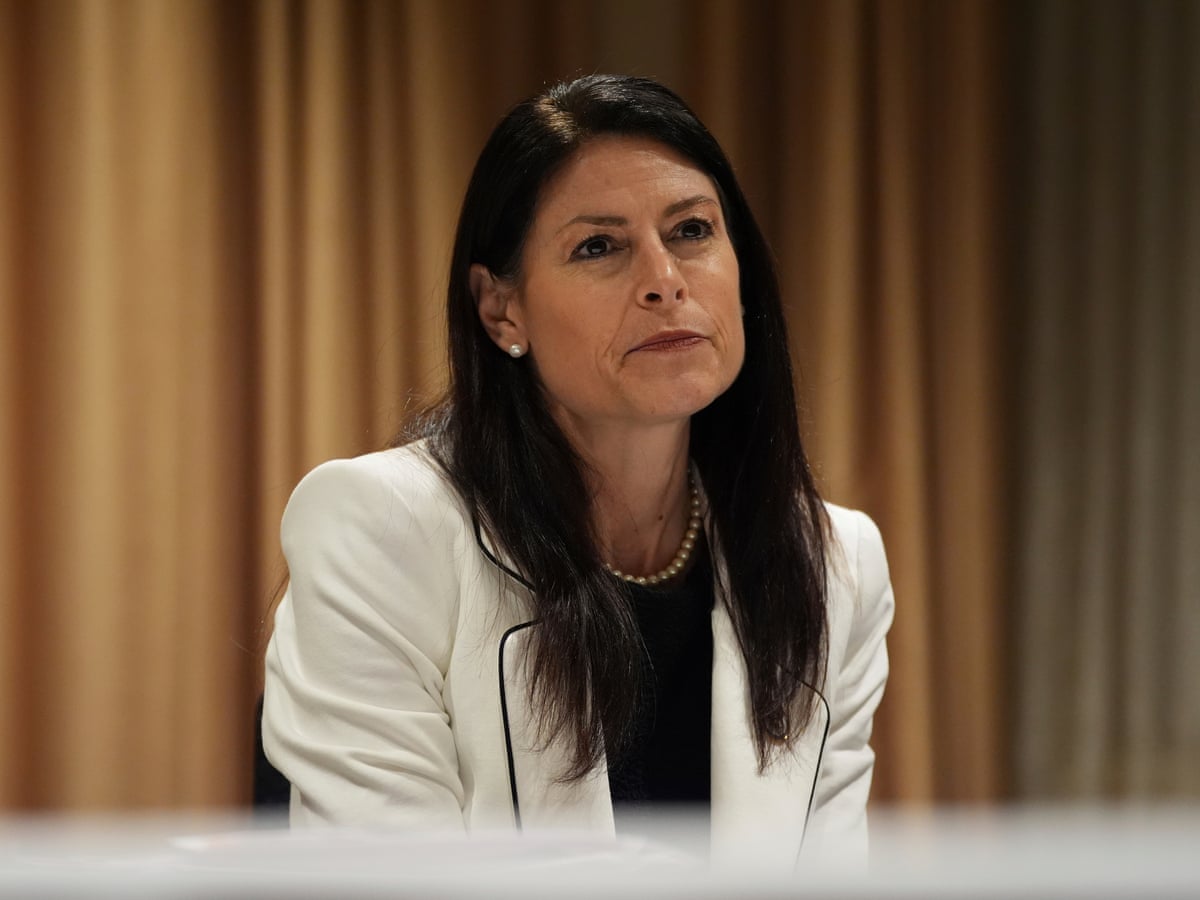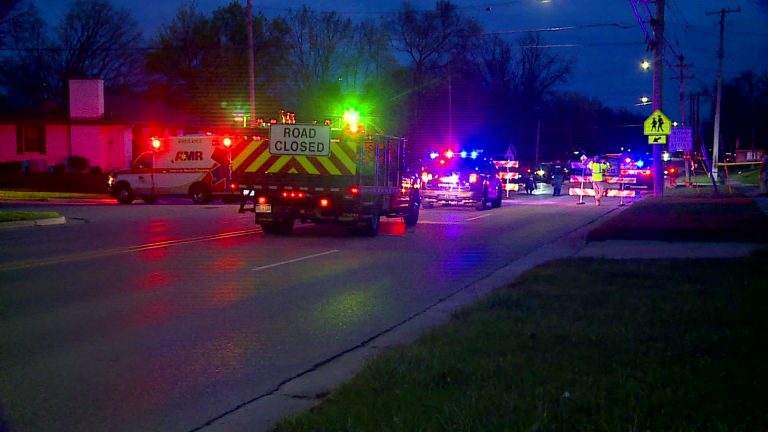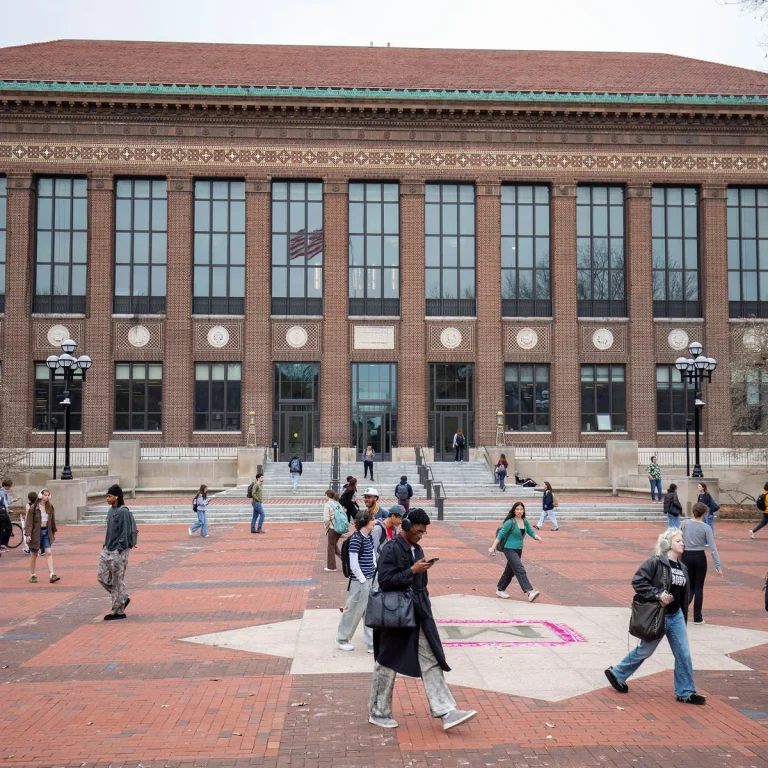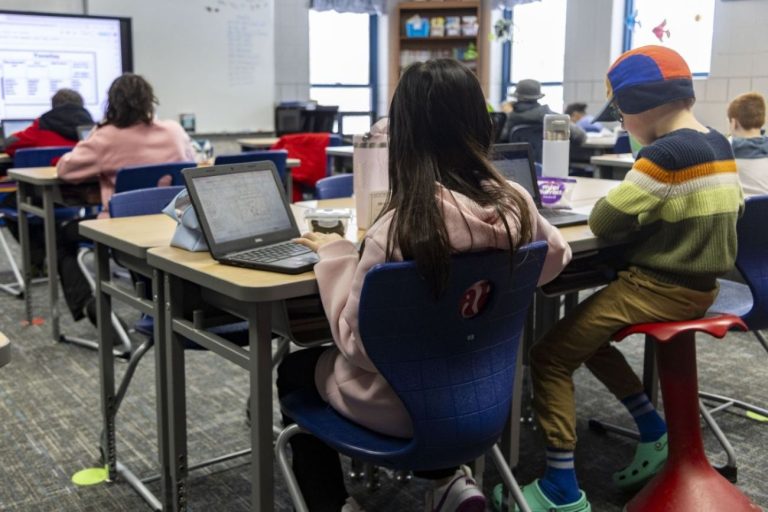Michigan AG Dana Nessel Drops Charges Against 7 Pro-Palestinian Protesters Amid Controversy
In a sudden turn of events, Michigan Attorney General Dana Nessel declared that her office is dismissing all the charges against seven University of Michigan students who were arrested last May 2024 at a pro-Palestinian protest encampment. The timing could not have been more perfect – the announcement was made one day before a judge ruled on a defense motion to disqualify Nessel’s office on the grounds of bias and conflict of interest.
The motion, brought by defense lawyer Amir Makled, was heavily fueled by a bombshell October 2024 The Guardian expose. That article outlined the deep personal, political, and financial connections between Nessel and some University of Michigan regents – the same politicians who had urged prosecuting these student protesters.
For Makled, it was never a question of public safety. “This was an example of selective prosecution and born out of prejudice,” he had said when charges against him were withdrawn. He reminded institutions everywhere: peaceful protest and dissent are sacred democratic rights not crimes.
Although Nessel’s office has recanted this celebrity case, let us note that others like it remain pending. Those include supposed off-campus vandalism against the homes and offices of university administrators. Several other cases of student protest remain pending as well, though Makled had hoped these as well would ultimately be dropped.
The backdrop for all of it is politically rich. Activists and Michigan Rep. Rashida Tlaib – have for months maintained that Nessel’s office originally stood in conflict of interest. She was installed, they think, to pursue the cases not due to fairness or public duty but because of intimate relationships with influential university donors and regents many of whom publicly have taken pro-Israel positions and opposed Gaza solidarity rallies.
The Guardian piece substantiated these claims with hard facts. It depicted six out of the eight university regents having given over $33,000 to Nessel’s campaigns. One of the regents had even co-chaired her 2018 campaign, and her government had previously used that same regent’s law firm to conduct state legal business. At the same time, Nessel has taken big fat campaign donations from some pro-Israel political groups and individuals who themselves have strongly criticized student protests in favor of Palestinians.
Also, a regent shared a photo with Nessel and State Rep. Jeremy Moss another outspoken Gaza protest critic while charges were being expected to be filed in 2024 at a Michigan Jewish Democratic Caucus gathering. That picture, coupled with growing public criticism, contributed to fueling additional accusations that Nessel’s office was politically motivated in the pursuit of the case.
Despite all of this, neither the university nor Nessel will say if she was “recruited” to work the case. Three individuals who are familiar with the situation told The Guardian that irate regents had retained Nessel specifically after local prosecutors refused to charge the students.
Meanwhile, Makled’s attorneys were battling for an evidentiary hearing to explore this alleged bias. The judge, Makled argues, was ready to grant the hearing, which would have forced Nessel’s office to open up its files and present evidence under discovery. That threat, he believes, may have forced the AG to back down.
She did not wish to open the can of worms coming her way,” he continued.
In a statement issued to the press, the office of Nessel strongly objected to the allegations, referring to them as “absurd and baseless.” They charged that the court acted too slowly in addressing the case and delayed momentum by the motion to recuse. The release also targeted the Jewish Federation, a lobby organization for Israel, for personally addressing the judge to defend Nessel as being part of a “circus-like atmosphere.”
But perhaps the damage is already done. Public confidence in the impartiality of the justice system particularly in politically sensitive, high-visibility cases is shaken. That this outrage went as far as this serves to underscore the intensity of the spotlight now trained on the attitude that authorities have towards protest movements in today’s polarized climate.
Nationally, the same type of courtroom battles are being waged. According to statistics gathered by The Guardian, more than 2,800 charges or citations had been filed against pro-Palestinian demonstrators in major cities up to the end of 2024. The vast majority of those cases have since been dropped or dismissed, and it seems to be a national trend: police crackdowns are being unraveled in courtrooms, largely due to constitutional issues and public pushback.
Makled greeted the dropping of charges in Michigan as “a victory for the Constitution.” For some activists, it is also comforting that dissent even at contentious moments can also be protected by the law.
Ultimately, it’s a cautionary tale: political realignments must be used with a strong sense of deliberation by government officials if justice is to prevail. For Dana Nessel, it may keep her out of an even further legal quagmire in the future. For Michigan activists and students, it’s a victory for their freedom of protest and a welcome relief after almost a year in legal limbo.







